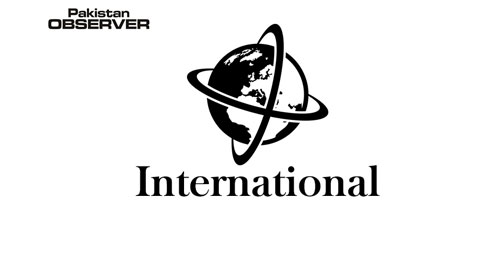Paris/Seoul
European leaders are set to ban non-essential travel into the continent on Tuesday, the latest drastic attempt to curb the coronavirus pandemic that has upended society, battered markets and killed thousands around the world. With French President Emmanuel Macron describing the battle against COVID-19 as a ‘war’, governments around the world are imposing restrictions rarely seen in peace-time, slamming borders shut and forcing citizens to stay home.
The crisis is infecting every sector of the economy and Wall Street stocks sank on Monday more than 12 percent in the worst session since the crash of 1987, despite emergency interventions by central banks and governments to shore up confidence. After an initial outbreak in a Chinese city in December, Europe has emerged as the epicentre of the virus with more deaths now recorded outside China than inside.
Italy — the hardest hit nation in Europe — announced another surge in deaths, taking its overall toll to more than 2,000 from a worldwide total of more than 7,000. More than 175,530 cases have been recorded in 145 countries. In a sombre address to the nation, Macron ordered the French to stay at home for 15 days starting midday Tuesday, banning all non-essential trips or social contacts and warning violations would be ‘punished.’
With European nations already closing their borders, European Commission President Ursula von der Leyen said she would ask the leaders of the bloc’s Schengen-free border zone to stop all non-essential into the area. ‘Concretely, all trips between non-European countries and EU countries will be suspended for 30 days,’ Macron said in his address.
President Moon Jae-in announced plans Tuesday to establish an ‘emergency economic council’ that will be headed by himself and push for additional bold steps to shore up South Korea’s economy in response to the coronavirus pandemic.
The move reflects a growing sense of alarm over what he called ‘unprecedented emergency economic conditions,’ which are more serious than the 2008 global financial crisis. Speaking at a weekly Cabinet meeting, he raised the possibility that the impact from the global spread of COVID-19 could be ‘far bigger’ than expected and prolonged.
‘Through the emergency economic council, (the government) will make swift decisions on special measures and take powerful steps,’ he said, instructing the Cabinet to make speedy preparations for the immediate launch of the body.
Moon used the word ‘emergency’ 14 times in his opening remarks made in front of pool reporters. He said timing matters in responding to a crisis while presiding over the meeting at the government office complex in Seoul.
Some Cabinet members joined it via video conferencing from the administrative town of Sejong, 130 kilometers south of Seoul.—APP









